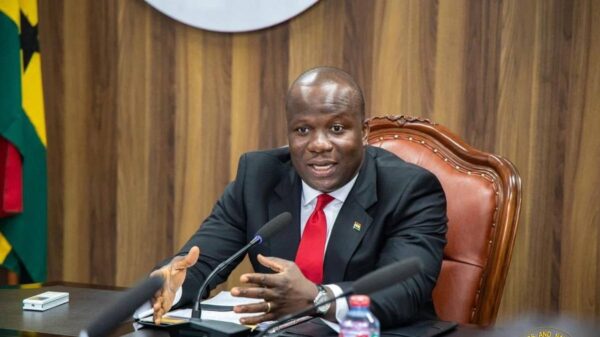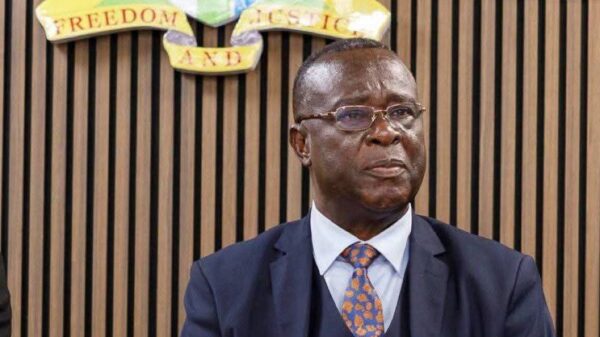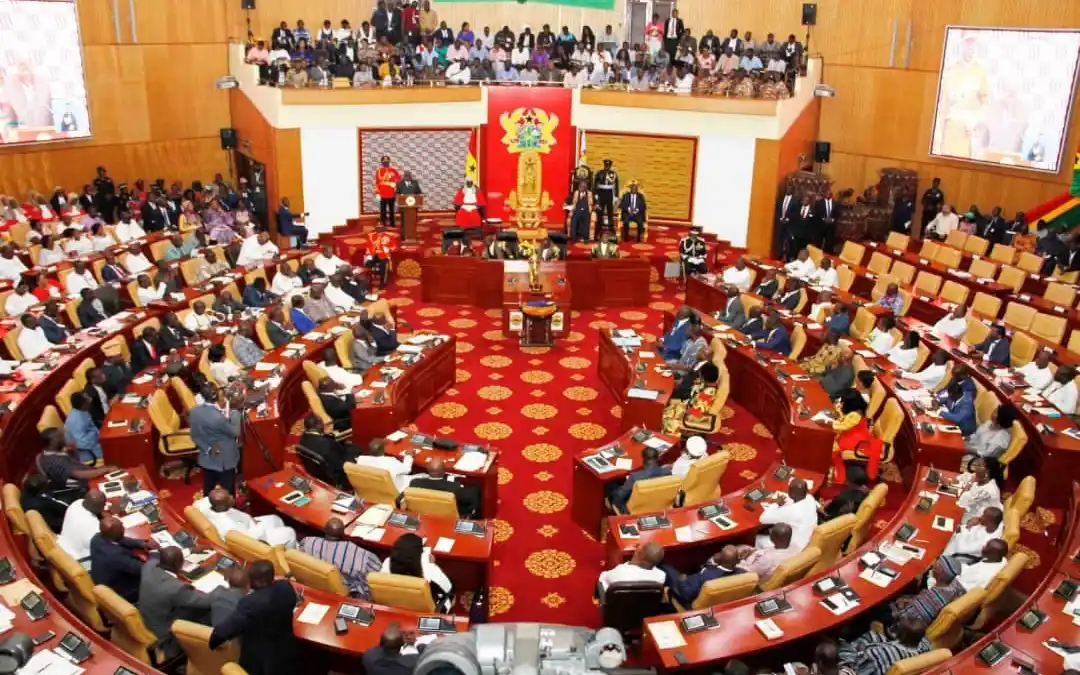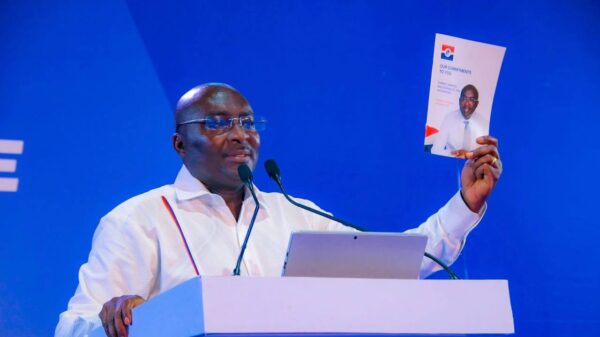Parliament has passed the Energy Sector Levy (Amendment) Bill, 2025, introducing a GHS1 increase in the levy on petroleum products in a heated sitting held on Tuesday, June 3. The new measure, according to government projections, is expected to generate an additional GHS5.7 billion to help reduce Ghana’s ballooning energy sector debts and ensure the delivery of stable electricity nationwide.
Presenting the bill before the House, Finance Minister Dr. Cassiel Ato Forson disclosed that Ghana’s current energy sector debt stands at a staggering $3.1 billion. He emphasized that at least $3.7 billion is needed to clear the debt and fully stabilize the power sector.
“Mr. Speaker, I repeat, the impact will be absorbed by the gains made from the strong performance of the Ghana cedi. And this will mean that consumers will not have to pay extra for the price of petrol and diesel beginning today,” Dr. Forson assured.
He further noted, “Our simulations suggest that there will be no increase in the ex-pump price of petrol and diesel in the next window beginning today if the levy is imposed. This is because of a strong Ghana cedi.”
The Finance Minister added that the new levy will act as a dedicated funding source for the power sector, with the proceeds specifically allocated for the purchase of critical fuels for electricity generation.
“Mr. Speaker, this will ensure that Ghana enjoys stable electricity,” he stated.
Despite the government’s assurance that the levy will not directly affect fuel prices at the pump due to the cedi’s performance, the Minority Caucus strongly opposed the bill. Describing it as “ill-timed and burdensome,” the Minority Members of Parliament staged a walkout during the proceedings, accusing the Majority of forcing the bill through without the constitutionally required quorum.
Nonetheless, the Majority side pushed forward with the bill’s approval, citing the urgent need for financial solutions to shore up Ghana’s energy sector and reduce dependence on further borrowing.
The passage of the bill comes at a critical time, with frequent power fluctuations and concerns over energy security dominating public discourse. While the government sees the new levy as a necessary step to fix the sector’s deep-rooted financial issues, critics warn it may worsen the economic burden on already struggling Ghanaians






































